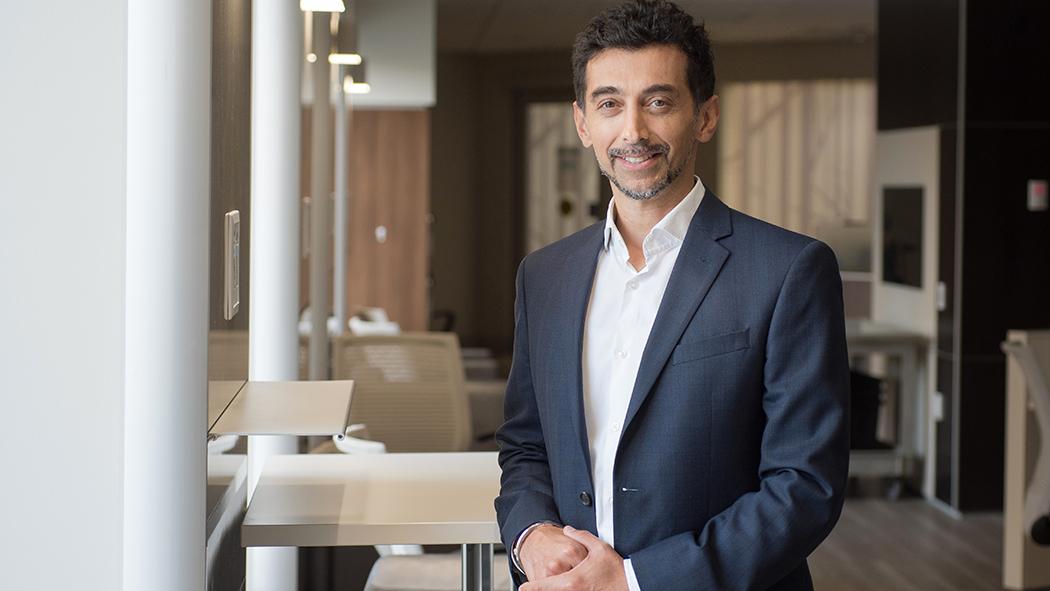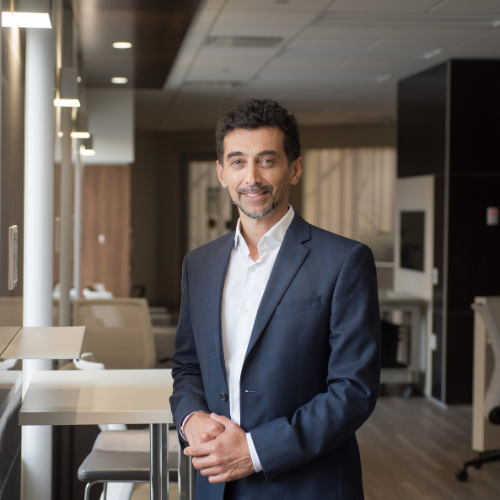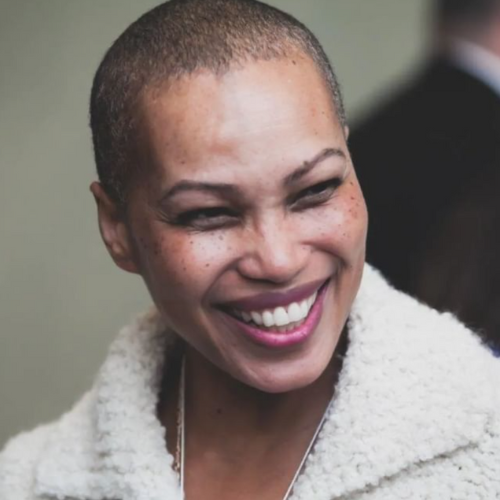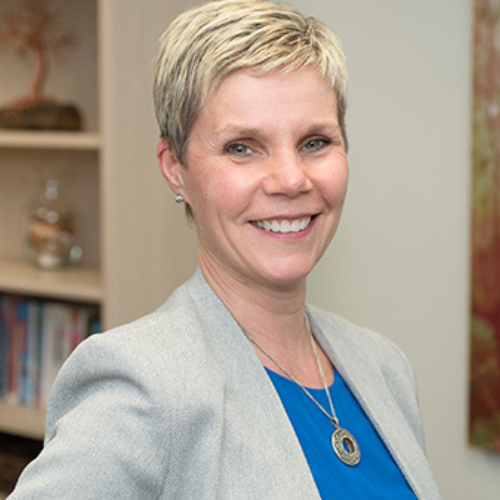
May 16, 2023
Physiotherapy helps to improve lives of patients through physical rehabilitation, injury prevention, and restoring, maintaining and optimizing a patient’s mobility. At London Health Sciences Centre (LHSC), physiotherapists work with patients on their goals whether that means working with them before or after surgery, or during recovery from an illness, injury or chronic disease.
Physiotherapists at LHSC are integral members of interdisciplinary teams across the organization and are embedded in other roles within the hospitals including advanced practice and leadership.
There are a number of leaders at LHSC at the senior and executive-levels and they have noted that their education, training and skillsets as physiotherapists have enabled their success in leadership positions.
Jatinder Bains, Corporate Academic Executive
Jatinder Bains notes that physiotherapists are trained to be great coaches and motivators with compassion for others.
To be a leader, a person needs to be adaptive and be able to work with individuals from a variety of backgrounds. Physiotherapists engage with patients from all walks of life, at all stages of life, adapting recovery plans to match a patient’s progress.
“There’s no particular curriculum for leadership, but when I obtained my Masters of Health Administration, I felt that my experience as a physiotherapist set me up to be adaptable and compassionate and able to work effectively on interdisciplinary teams,” Jatinder Bains says. “Because physiotherapists work across the spectrum alongside many different disciplines and professions, we have that system level understanding that is important for leadership development.”
Jatinder Bains also continues to work in frontline practice as a physiotherapist in a rehabilitation hospital, which he notes helps him in his leadership on an ongoing basis.
Physiotherapists are trained to be tactile technicians with excellent analytical skills and the critical soft skills needed for relationship and trust building with patients. To be able to properly care for, listen to, and help the patient reach their goals, a physiotherapist needs to be attuned to the whole patient. And for the patient to be successful, they need to buy into the vision of recovery that the physiotherapist is helping them to achieve. All of these qualities are critical for supportive and engaging leadership that Jatinder Bains brings into practice.
Dr. Jackie Schleifer Taylor, President and CEO
LHSC’s President and CEO, Dr. Jackie Schleifer Taylor, began her career journey as a physiotherapist. Along with her designation as a registered physiotherapist, she holds a PhD and a Certified Health Executive designation. Prior to taking her role as President and CEO, she held senior executive positions at LHSC, most recently as President of Children’s Hospital, LHSC.
Her leadership is rooted in her clinical and academic background. With over 25 years of experience in health leadership, she has a proven track record of system innovation and has shown commitment to interdisciplinary care, quality, equity and patient and health system accountability. As a policy expert, she has shaped health human resources and interprofessional strategies. She has also served on boards for numerous organizations, government agencies and think tanks.
“The most important thing about leadership is to understand that it’s a privilege,” Dr. Jackie Schleifer Taylor states. “It’s a privilege to inspire individuals in moving from simply focusing on getting a job done to recharging and bringing their best – all for the benefit of patients and patient care.”
Dr. Schleifer Taylor also knows that being able to communicate clearly and effectively to team members from different disciplines and professions is crucial as a leader. The skills learned as a physiotherapist in communicating clearly with patients, peers and colleagues translate well into leadership.
“I received a piece of advice when I began my career to always speak in a way that was understandable to everyone in the room,” Dr. Jackie Schleifer Taylor explains.
In physiotherapy practice, as well as in leadership, the best strategies and outcomes are found by taking a collaborative approach. Dr. Jackie Schleifer Taylor makes use of the skills learned as a physiotherapist – to be clear and concise in communication and to work collaboratively for best outcomes – and uses them to inform her leadership style.
“It’s a co-creation of the outcomes, products and decisions that you’re all trying to achieve,” Dr. Jackie Schleifer Taylor says.
Jennifer Jackson, Director, Health Disciplines
“Foundational to my success in leadership in health care is my clinical education and experience,” Jennifer Jackson shares. “We are here to serve our patients and my clinical experiences keep this principle at the forefront for me.”
The clinical experiences are backed by years of dedicated study. For entry to practice as a physiotherapist, the profession now requires a Masters degree. There are also offerings of combined Masters and PhD degrees. With these academics as a solid foundation to practical application of the knowledge and skills learned, Jennifer Jackson notes that physiotherapists are well prepared to work in the research space, furthering the advancement of evidence-informed patient care.
“During my physiotherapy education, the placements I had in the various clinical areas not only prepared me for my clinical practice, but provided me with understanding on how a physiotherapist is an integral member of the care team,” Jennifer Jackson says.
“My clinical practice has always been in the acute care sector of the industry,” Jennifer Jackson says. “Working in large teaching hospitals first in Toronto and now for LHSC, I have been able to hold various positions from direct patient care and into areas outside of patient care to be both an informal and formal leader in this field.”
Jennifer Jackson’s clinical experience continues to inform her approach to leadership in this field, working to provide quality support and opportunities for staff to continue their research and education all for the benefit of patients to ensure they receive the most up-to-date and high-quality care within LHSC’s walls.


